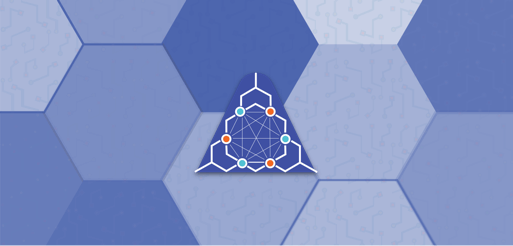Over the last couple of years, several powerful deep learning methods have emerged to build industrial scale natural language understanding applications. The first wave of deep learning models employed pre-trained word embeddings (word2vec or GloVe) to initialize the first layer of a neural network followed by a task specific model trained to use labelled data.
The next wave of deep learning architecture (ELMo, ULMFiT, BERT) showed how contextual word embeddings can be learned from massive amounts of unlabelled text data. It was then possible, to transfer this information to a wide variety of downstream tasks such as sentiment analysis, question answering etc. with limited amounts of labelled data. This approach is quite relevant for industrial settings where obtaining large amounts of labelled data is expensive.
In this hands-on tutorial, we will cover the important concepts behind recent developments such as word embeddings, sequence to sequence models, attention mechanism, contextual word embeddings, transfer learning and probing embeddings.
##Workshop goal:
Using PyTorch, participants will learn to build Natural Language Processing (NLP) models using the above concepts.
##Who should attend the workshop:
Software engineers, data scientists interested in building natural language processing (NLP) applications should consider attending this workshop.
Workshop schedule: https://hasgeek.com/anthillinside/sequence-to-sequence-models-workshop/schedule
##Workshop requirements:
- Participants must bring their own laptops to the workshop.
- A working knowledge of Python, Jupyter notebooks, Pandas, Matplotlib is essential for participation.
- Working knowledge of PyTorch is preferred. The trainers will do a short introduction at the beginning of the workshop.
- Instructors will use Google Colab for the hands-on sessions. Access to Google Colab and Google account (in order to save notebooks) is essential.
##About the instructors:
Madhu Gopinathan is currently Vice President of Data Science at MakeMyTrip (MMT), India’s leading online travel company. At MakeMyTrip, he has led the development of natural language processing models for Myra, MMT’s task bot for customer service.
Madhu completed a PhD in computer science from the Indian Institute of Science (IISc), specialising in mathematical modelling of software systems,and an MS in computer science from the University of Florida, Gainesville, USA.
Akhil Lohia is the Lead Data Scientist at MakeMyTrip. He is a part of the NLP team, focused on developing Myra, MakeMyTrip’s task bot.
Akhil obtained his BS degree in Economics from IIT Kanpur and an MS degree in Data Science from the Barcelona Graduate School of Economics.
##Workshop details:
Date: Saturday, 7 December 2019
Time: 9:30 AM to 5:30 PM
##Contact details:
For tickets and other inquiries, email sales@hasgeek.com or call 7676332020.

